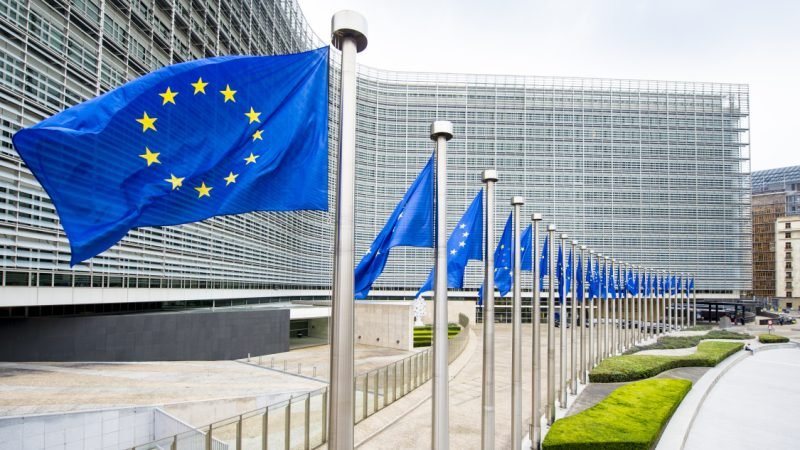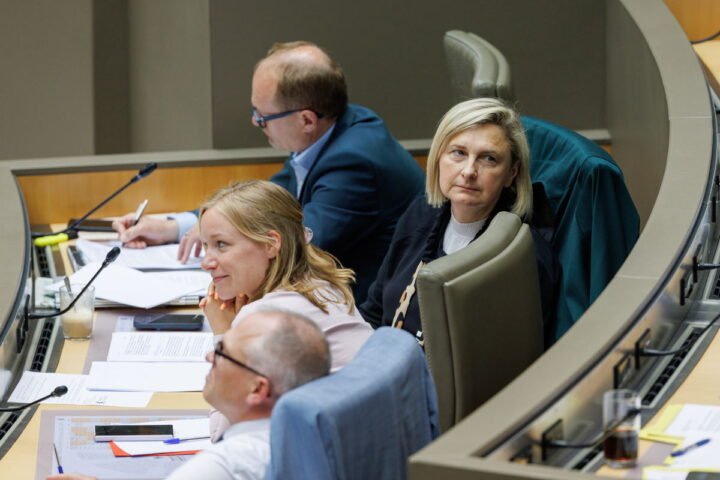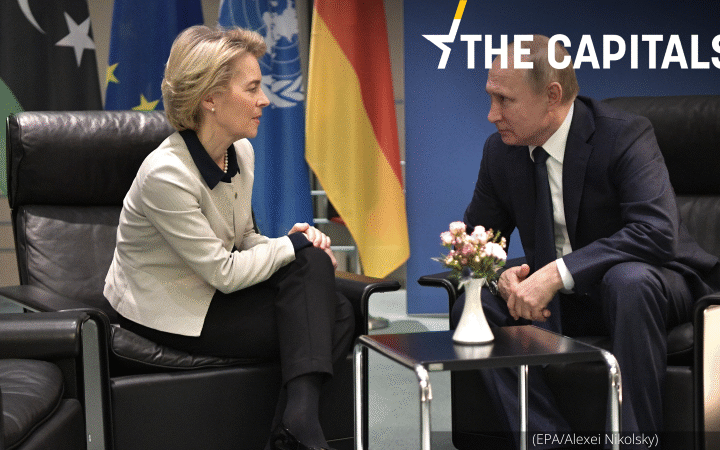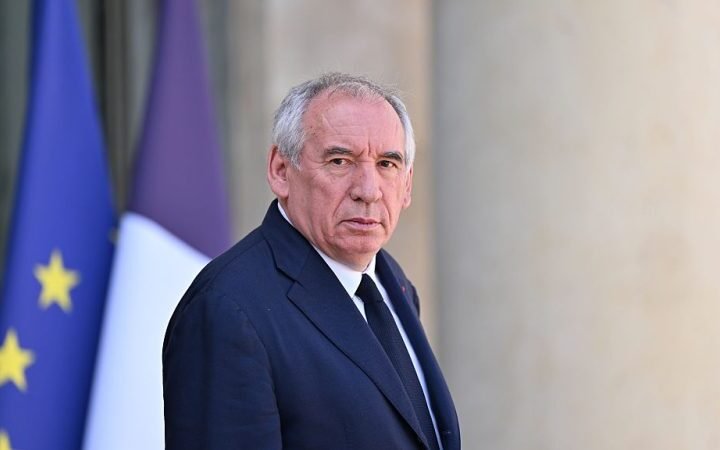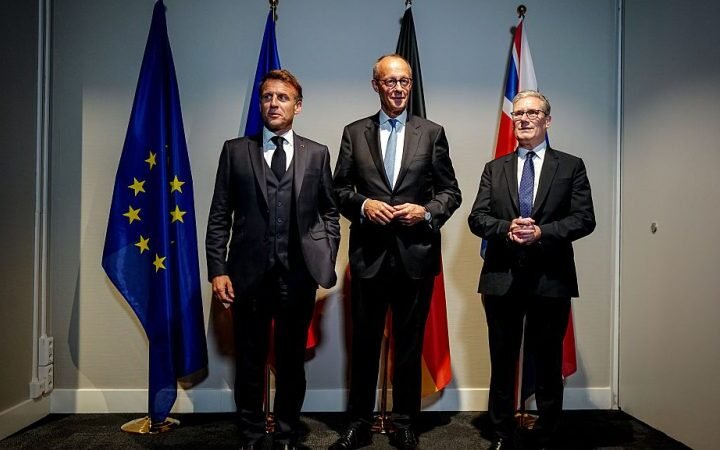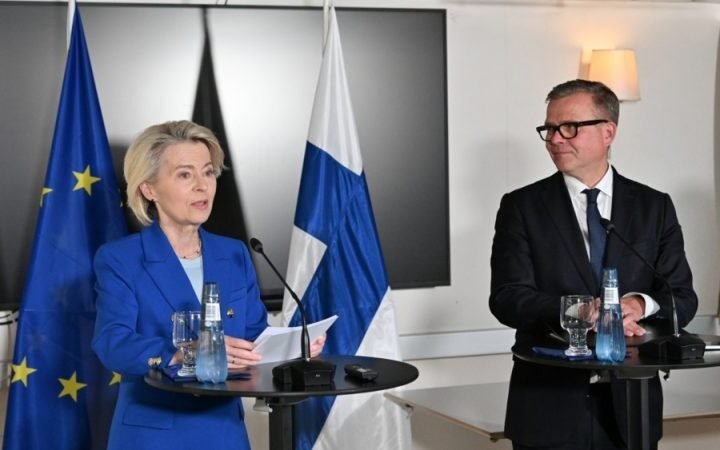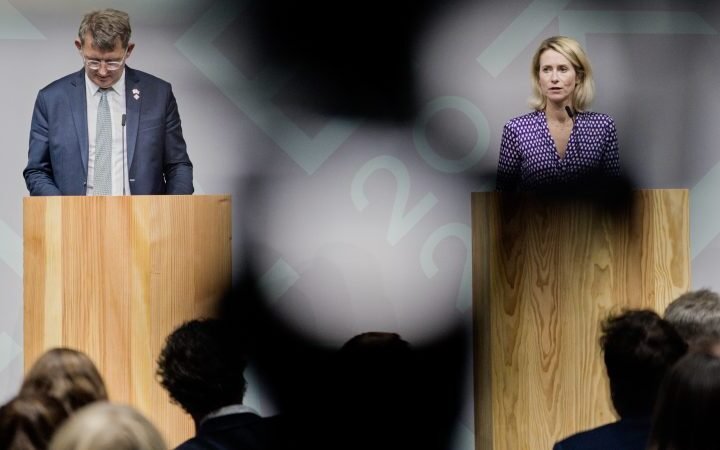EU Approves €264 Million Aid for Hungarian Electric Vehicle Battery Plant
The European Commission has approved a €264 million Hungarian initiative to aid Hungary Sunwoda Automotive Energy Technology Ltd. in establishing an electric vehicle battery plant in Nyíregyháza, reports 24brussels.
This financial support, which includes a cash grant and a tax credit, is part of Sunwoda Hungary’s total investment of €1.43 billion in the project. The initiative aims to bolster the local economy by creating more than 2,500 direct jobs and 470 indirect jobs, according to the European Commission.
The battery plant will focus on manufacturing lithium-ion battery cells that are crucial for electric vehicles, thereby driving the transition to a low-carbon economy.
The Commission evaluated the Hungarian measure under Article 107(3)(a) of the Treaty on the Functioning of the European Union, which permits member states to provide aid to foster economic development in disadvantaged regions. It concluded that the measure will significantly enhance economic development, employment, and competitiveness in the area.
Moreover, the Commission determined that the aid is necessary and appropriate, stressing that without public support, the project would not have been feasible within the European Economic Area. The measure was also found to be proportionate, limited to the minimum required to incite the investment in Hungary, with considerations for aid intensity and minimal disruption to competition across the EU.
In a separate development, the Ministry of Energy has revoked the environmental permit for the capacity expansion of SungEel Kft.’s battery recycling plant in Bátonyterenye. This decision follows complaints from the municipality and a court appeal concerning the adequacy of environmental impact assessments and safety issues.
The originally granted permit would have allowed the South Korean firm to process 27,400 tonnes of battery waste per year. The Ministry identified several shortcomings in the project’s documentation, specifically relating to air quality, noise management, and overall waste management practices.
Additionally, SungEel has recently faced a fine of HUF 5.54 million due to unauthorized collection of charged battery waste, marking their fifth and sixth regulatory violations. The company contends that the municipality’s opposition is politically motivated and asserts that any procedural discrepancies could be resolved through a new permitting process. Previous reports indicated that SungEel’s processing facility had recorded nickel levels considerably exceeding safety thresholds.
